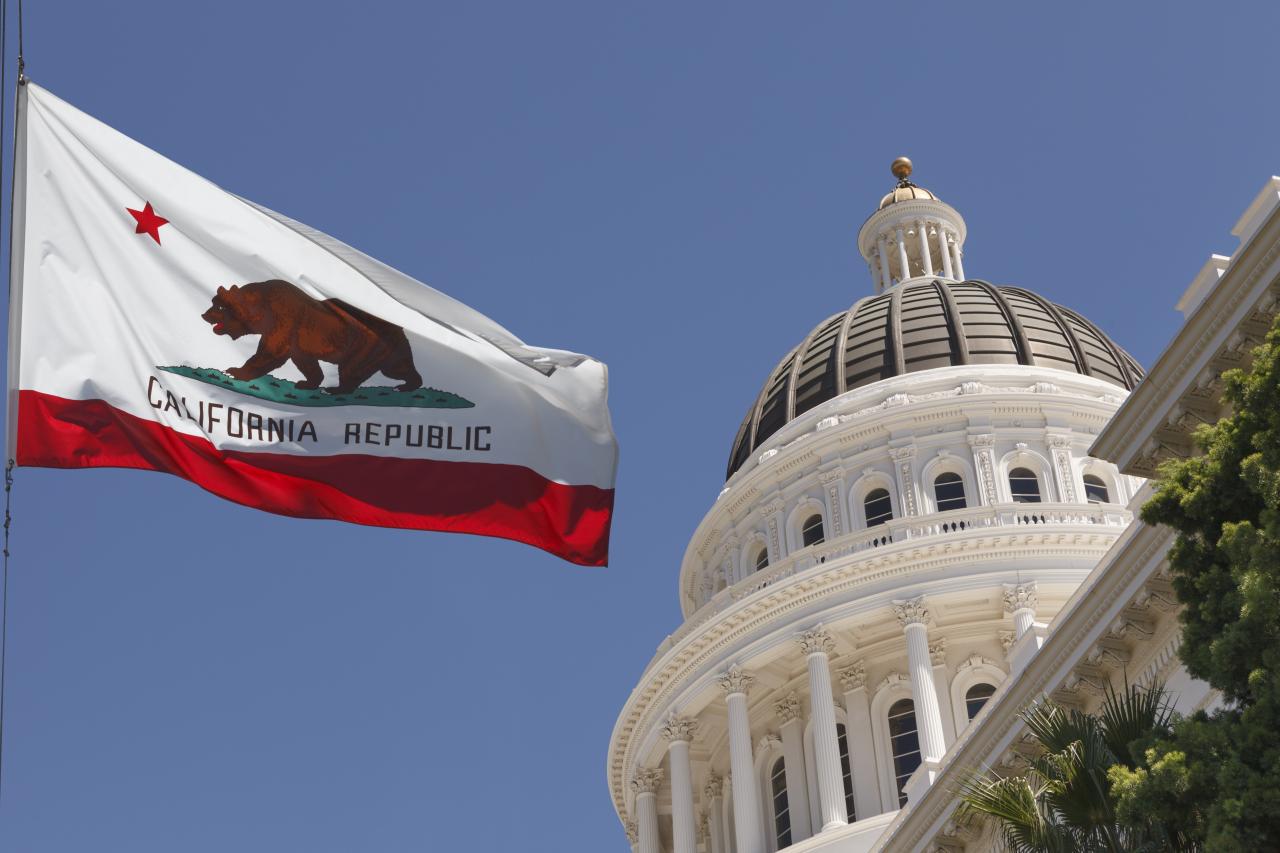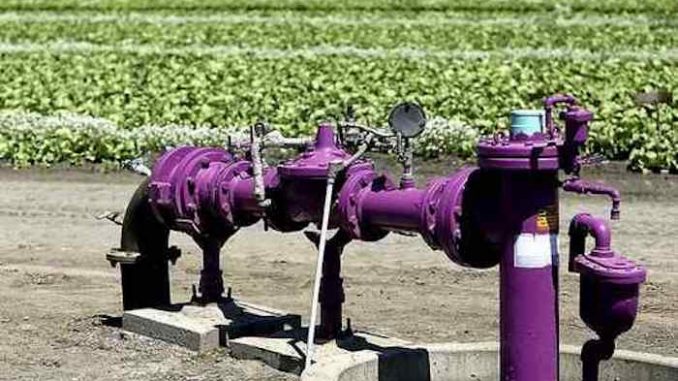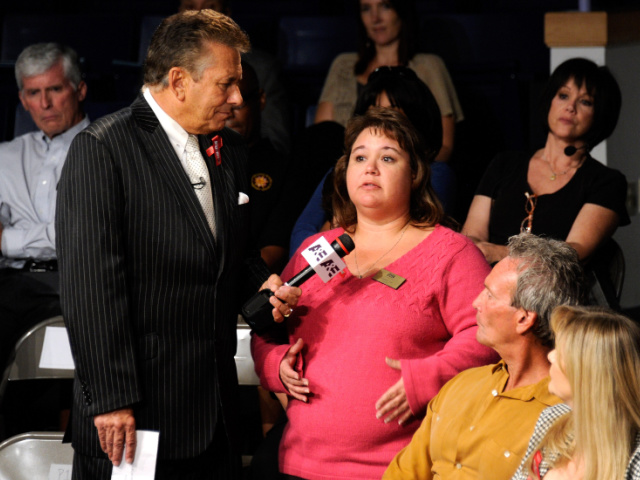California public schools will now teach students about their rights to unionize after Governor Gavin Newsom signed a new bill into law over the weekend. The bill, which will create “Workplace Readiness Week,” requires schools to educate kids in the state about workplace safety and California’s child labor laws in an effort to “prevent child labor exploitation” as such cases continue to rise in the U.S., according to a press release.
“It is the intent of the Legislature that California pupils enter the workforce with a strong understanding of their rights as workers, as well as their explicit rights as employed minors,” the bill text reads. It states that the legislature aims to “equip pupils with this knowledge to protect them from retaliation and discrimination, to ensure that these young workers receive all wages and benefits to which they are entitled, to empower them to refuse unsafe work when necessary, and to prepare them to assert their labor rights whenever these rights are threatened.”
“Workers rights are human rights and students need to know that joining together to organize and bargain is something to be encouraged and celebrated, not punished and penalized,” said Randi Weingarten, the president of the American Federation of Teachers (AFT), in a statement to Motherboard. “The urgency to educate becomes even greater given some corporations’ continued illegal exploitation of child labor.”
The Bureau of Labor Statistics estimates that around 55 percent of people aged 16 to 24 are employed, but that number largely does not include child migrant workers, who often are not legally registered as employees. Many such migrant workers take agricultural jobs—the Center for Farmworker Families estimates that there are around 400,000 children working in fields around the U.S. Minors also frequently work in retail or food service jobs.
“Half of all youth are employed and the majority work part-time, low-wage, entry-level jobs,” Weingarten continued. “But they are often unaware of their basic rights, leaving them vulnerable to wage theft, unsafe working conditions and workplace injuries, discrimination and sexual harassment. That needs to change.”
The bill also comes at a time when child labor abuses are rising in the U.S. In May, highschoolers working at a Popeyes in Oakland, California, said they were pressured to work long late hours on school nights, sometimes without the required break times. Earlier this year, the Department of Labor fined a food sanitation company $1.5 million after finding it illegally employed over 102 children in “hazardous jobs” across eight states, making them “clean razor-sharp saws” including “back saws, brisket saws and head splitters” at meat-processing facilities during overnight shifts.
Last month, a 16-year-old sawmill worker in Wisconsin died after suffering severe injuries from operating dangerous machinery on the job. In a statement at the time, acting Secretary of Labor Julie Su called child labor abuses “a stain on this country.”
At the same time, some states have begun to ease restrictions on what jobs minors can work. The Iowa Senate voted in April to pass a bill allowing 14-year-old children to work night shifts, 15-year-olds to “perform light assembly work,” and 16- and 17-year-olds to serve alcohol. Maine and Michigan have also lowered the age to serve alcohol, and New Jersey raised the limit on how many summer hours children can work. A bill proposed earlier this year in Minnesota would allow 16- and 17-year-olds to work construction jobs.
“We are seeing headlines about children abused at workplaces across the country―wage theft, violations of labor law, and even serious life-changing injuries,” said Assemblymember Liz Ortega, who introduced the bill, in a statement. “As Republicans in other states are working hard to put our children in harm’s way, California is giving kids the tools to stand up for themselves.”
The bill, AB-800, was introduced in February, and was co-sponsored by the California Federation of Teachers, a subdivision of AFT. It specifies that all California public schools, including charter schools, will teach kids about “prohibitions against misclassification of employees as independent contractors, child labor, wage and hour protections, worker safety…the right to organize a union in the workplace,” and the labor movement’s historical role in winning protections for workers. In addition to the week-long program at the end of April, which will be taught to all students, schools will be required to integrate those topics into the regular school year for juniors and seniors, as part of the “history-social science framework.”
“Youth are having their wages stolen and being seriously injured at work because they don’t know that they have a right to demand safety and hold their employers accountable,” Ortega said in a press release, which stated that the fields in which young people tend to work accounted for almost half of the 19,000 wage theft claims filed in California in 2021.
Reid Maki, the director of child labor advocacy and coordinator of the Child Labor Coalition, told Motherboard in an email that California’s union rights education week “sounds like a great idea.”
“Young people often need a better understanding of how unions can positively impact workers, lead to better wages, and increased labor protections,” Maki wrote. “I see no downside to this.”
California child labor law is fairly strict. For example, it requires that any children aged between 14 and 17 must have completed seventh grade before being eligible to work, and that children aged 12 to 13 cannot work on any school day. It also prohibits minors from being employed in meat-packing and most manufacturing jobs. Still, workplace abuses happen when kids are on the job—the bill aims to combat those abuses by teaching students their rights, and how to stand up for them.
Related posts:
Views: 0
 RSS Feed
RSS Feed

















 October 4th, 2023
October 4th, 2023  Awake Goy
Awake Goy 






 Posted in
Posted in  Tags:
Tags: 
















